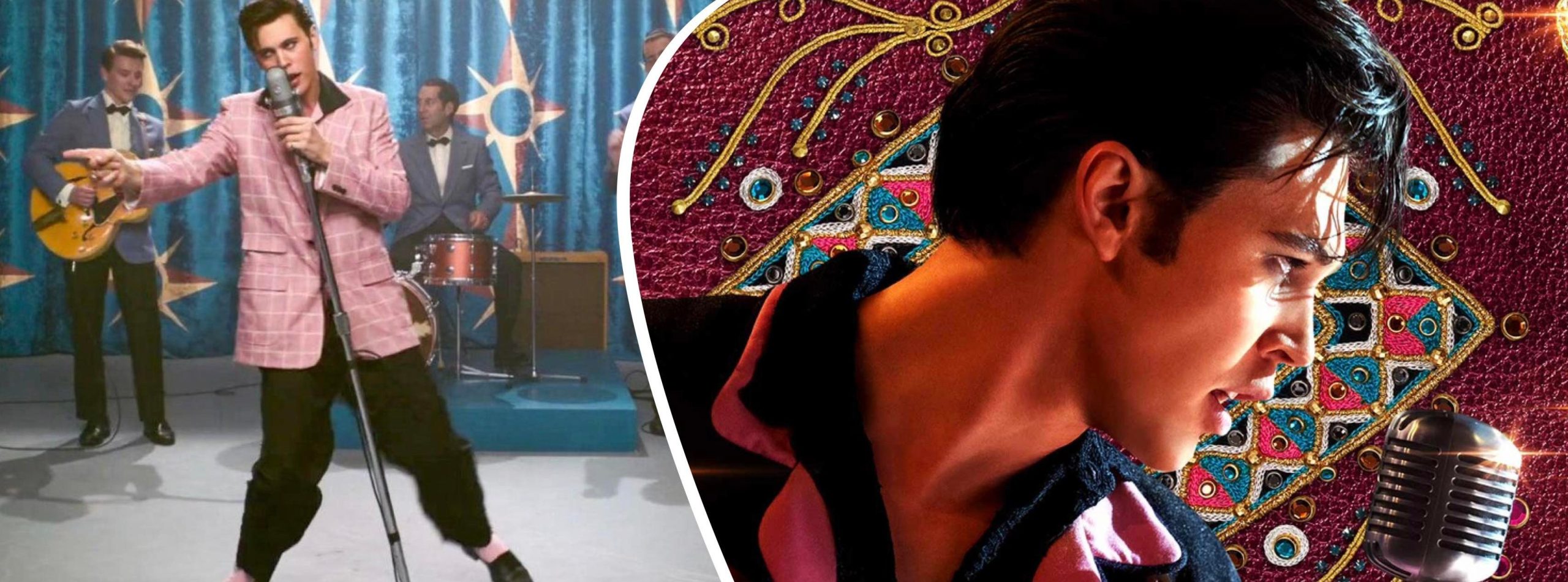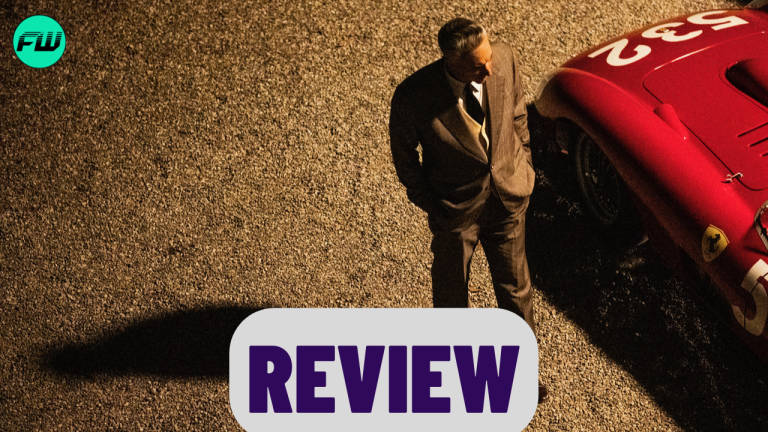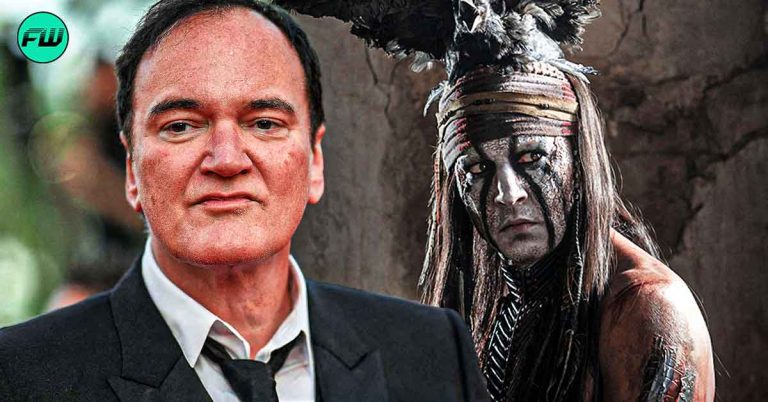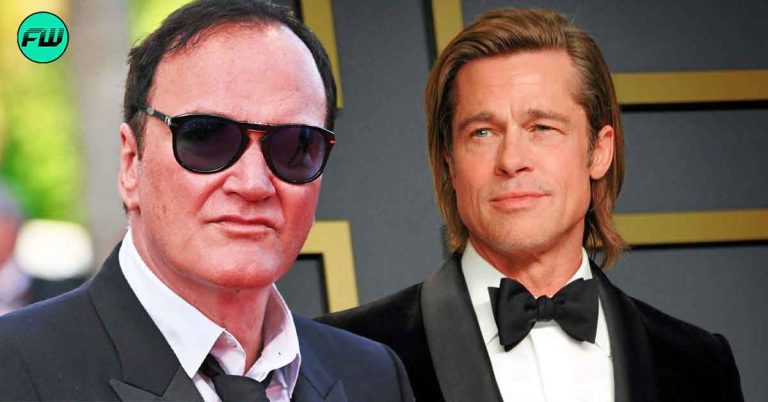Elvis is, perhaps, the most iconic figure in music history. His slicked hair, soulful voice and hip gyrations impacted a generation and changed the trajectory of the industry. So, it’s baffling to think that in the 45 years since his death, there hasn’t been a proper biopic honoring the king. Enter Baz Luhrnmann. The visionary filmmaker behind Moulin Rouge! and Romeo + Juliet tackles the subject of Elvis’ rise to stardom and his turbulent relationship with his manager. The end result is a hip shakin’, toe tapping good time that would have Elvis himself saying, “Thank ya… Thank ya, very much.”
Elvis (Austin Butler) is a young, aspiring musician with a gift. He takes to the stage in a way that no other performer ever has. It may seem tame by today’s standards, but in the 1950’s every thrust of his hip had conservative Christians clutching their pearls and teenaged girls tossing their underwear at his feet. His voice, his moves and the effect he has on the audience immediately grab the attention of Colonel Tom Parker, who quickly strikes a deal to represent Elvis and lead him to stardom; however, the road to becoming the king proves to be rockier than the aspiring musician ever imagined.

When Tom Hanks is in a movie, there is a justifiable expectation that his performance will steal the show; that he’ll be the dominating presence on screen. The Academy Award winning actor has earned a reputation not only as ‘America’s Dad,’ but as one of the greatest working performers in the industry. However, in Elvis there is one, and only one star on screen. And that’s Austin Butler. The relative newcomer fully and completely embodies the king of rock and roll. He becomes Elvis, from the swagger to the voice, it’s a pitch perfect representation. It’s a transformation that will no doubt make him a major contender for Best Actor come awards season. I don’t mean to say that Hanks is bad in his role. He’s not. He’s… fine. But while Butler becomes Elvis, Hanks just feels like himself in a fat suit doing a funny voice.
Win Tickets to an early screening of The Black Phone here.
The “biopic” is one of those genres that comes with a standard set of built in tropes. Like the underdog sports story or the romantic comedy. For the most part, audiences know what to expect. It’s a cookie cutter formula that results in clichés and, at times, redundant storytelling. The key is to use that cookie cutter formula to make an exceptional cookie. And Elvis, is a dang good cookie. I’ll admit that I wasn’t sure what to expect as I settled into my seat and waited for the lights to dim. Luhrmann is an auteur with a very eclectic style. Imagination, magic and a detachment from reality are common themes in his films. While Elvis maintains his signature energy, it’s by far one of Luhrmann’s more restrained and grounded films. And it’s better for it.
Elvis defies the odds and comes out on top of the heap. It shares the stage with Ray and Walk The Line as one the greatest musical biopics in recent memory. Established fans of Elvis will love hearing his classics brought back to life, and his music will impact a new generation. The movie is, without a doubt, forty minutes too long. As a result, my enthusiasm began to stagger around the third act. But not so much that my feelings about it changed. Just as Elvis captivated a nation all those years ago, I was captivated by this movie. And if you don’t like it, well, then ‘you aint nothing but a hound dog.’ 8.5/10
Follow us for more entertainment coverage on Facebook, Twitter, Instagram, and YouTube.











